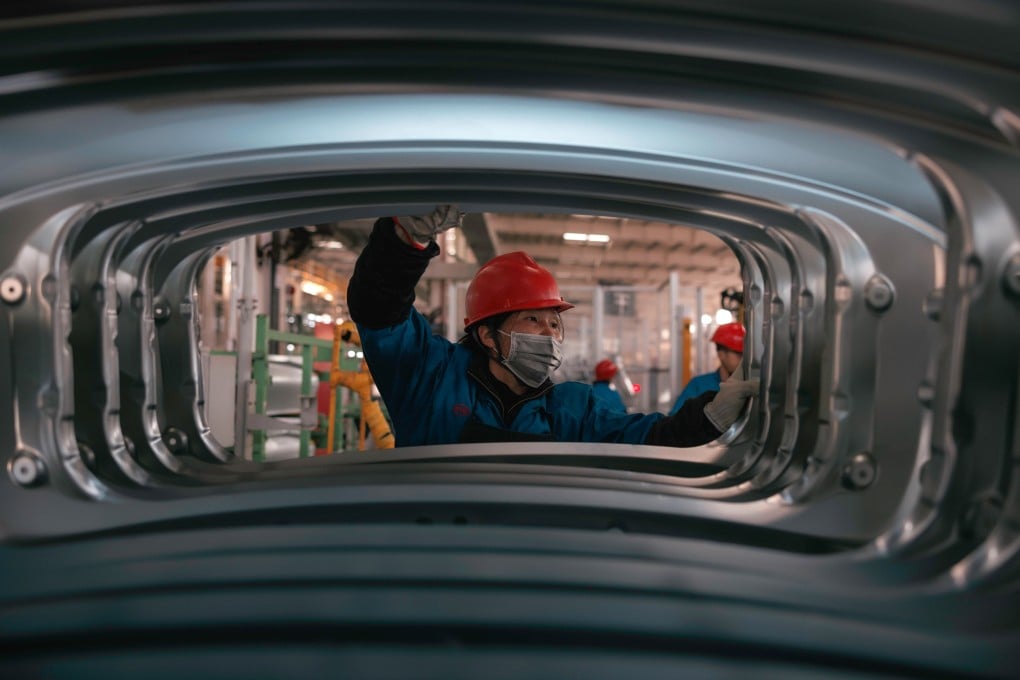Opinion | Why China’s diversified economy garners both praise and criticism
- China has achieved economic success not just through repurposing Western technology but by rapidly upgrading and adapting it
- Top-down management coexists with local autonomy and bottom-up innovation in the Chinese industrial ecosystem

In this discussion, pointing out that China still lacks a few key technologies, or that it obtained most of the technologies it has thanks to the allure of its huge market, is nitpicking. The true measure of technological success is the ability to convert new technologies into profits, growth and engines of development. And China has done that not only by using Western technologies in their original form, but also by rapidly upgrading and adapting them.
According to Keyu Jin of the London School of Economics, the answer is simple: China is a truly innovative country. Western observers struggle to recognise that, because their perspectives on China are so politicised. But MIT’s Yasheng Huang insists that all China has done is repurpose Western technology, because entrenched Chinese traditions constrain innovation. Unless it can break those traditions, he concludes, economic decline is all but inevitable.
Both economists provide entire books’ worth of evidence for their analyses. How is this possible? One explanation might be that, in China’s highly complex political economy, many of the factors that can be regarded as incompatible with innovation are offset or complemented by innovation-enabling policies and structures.

